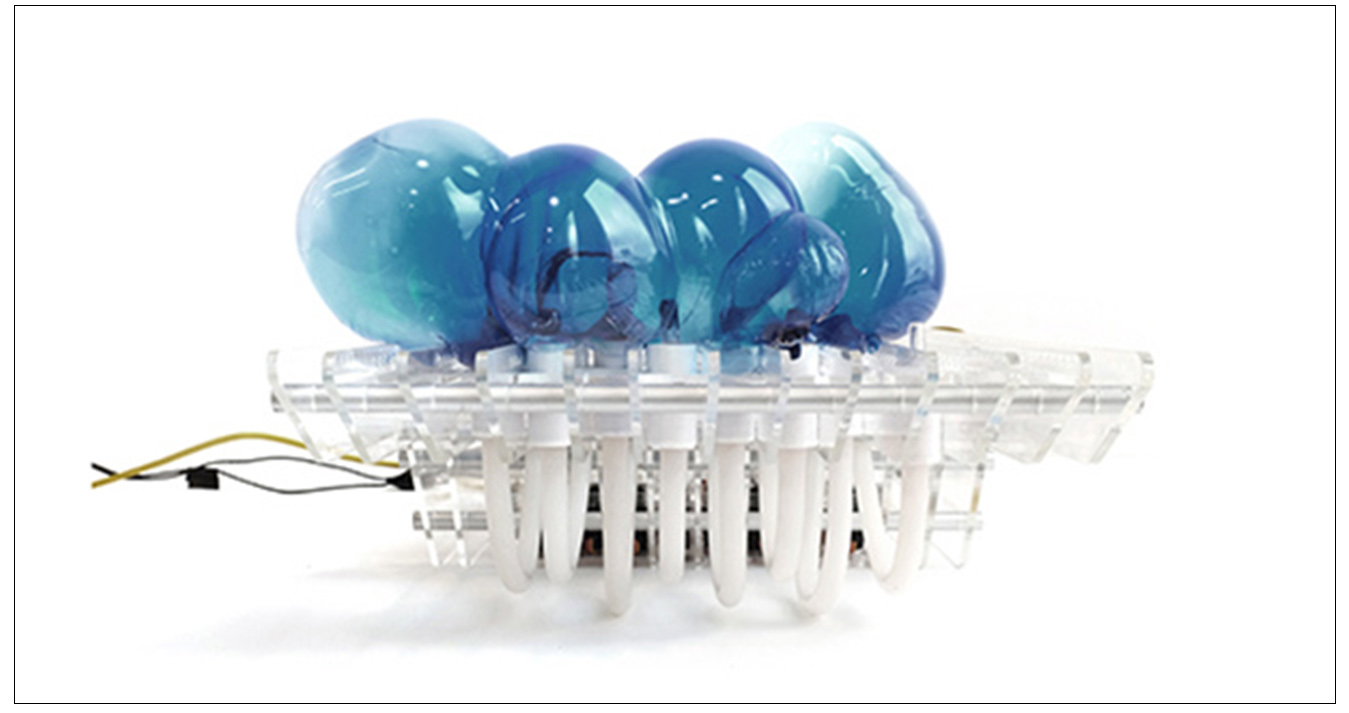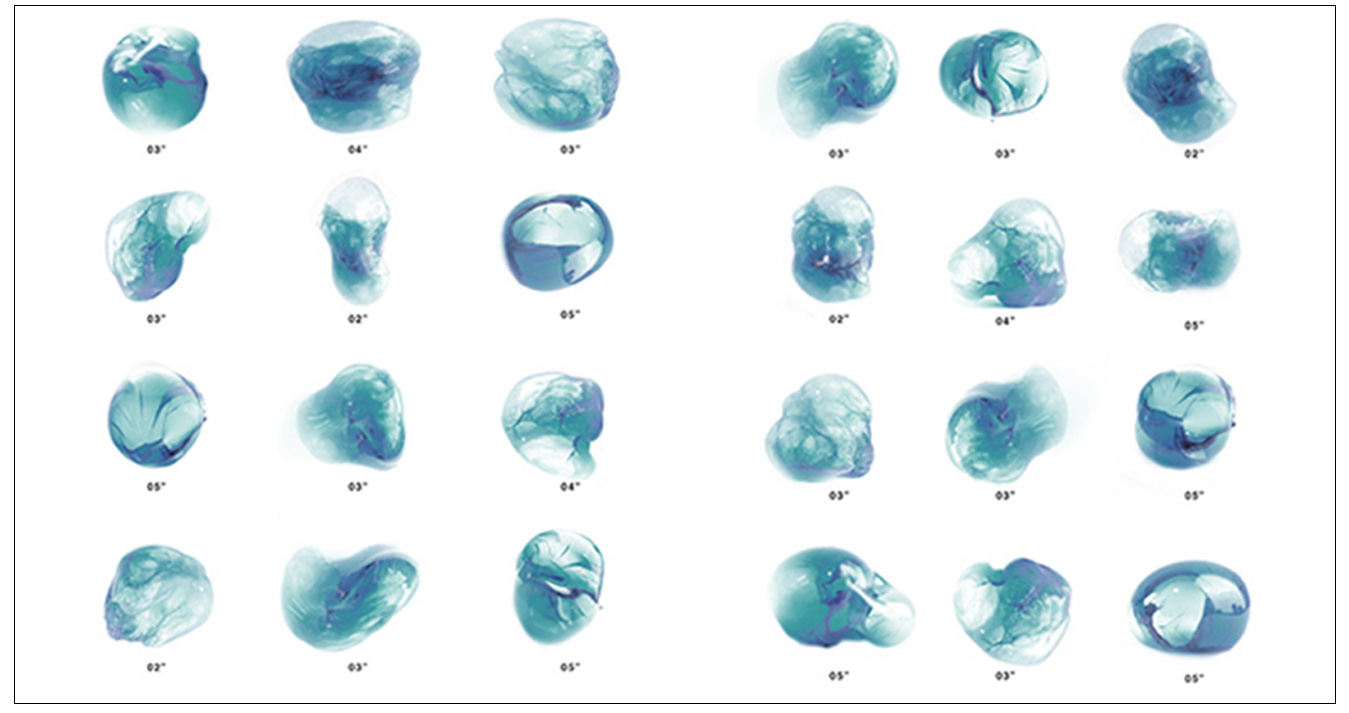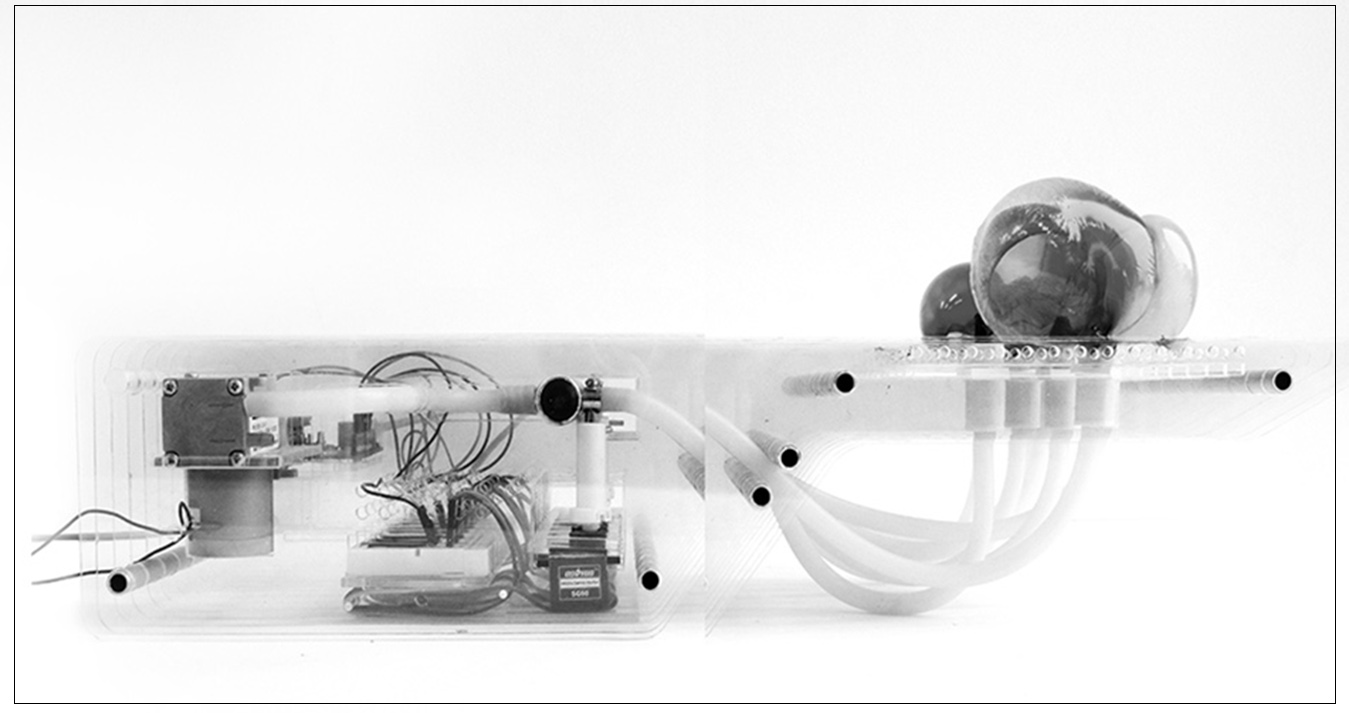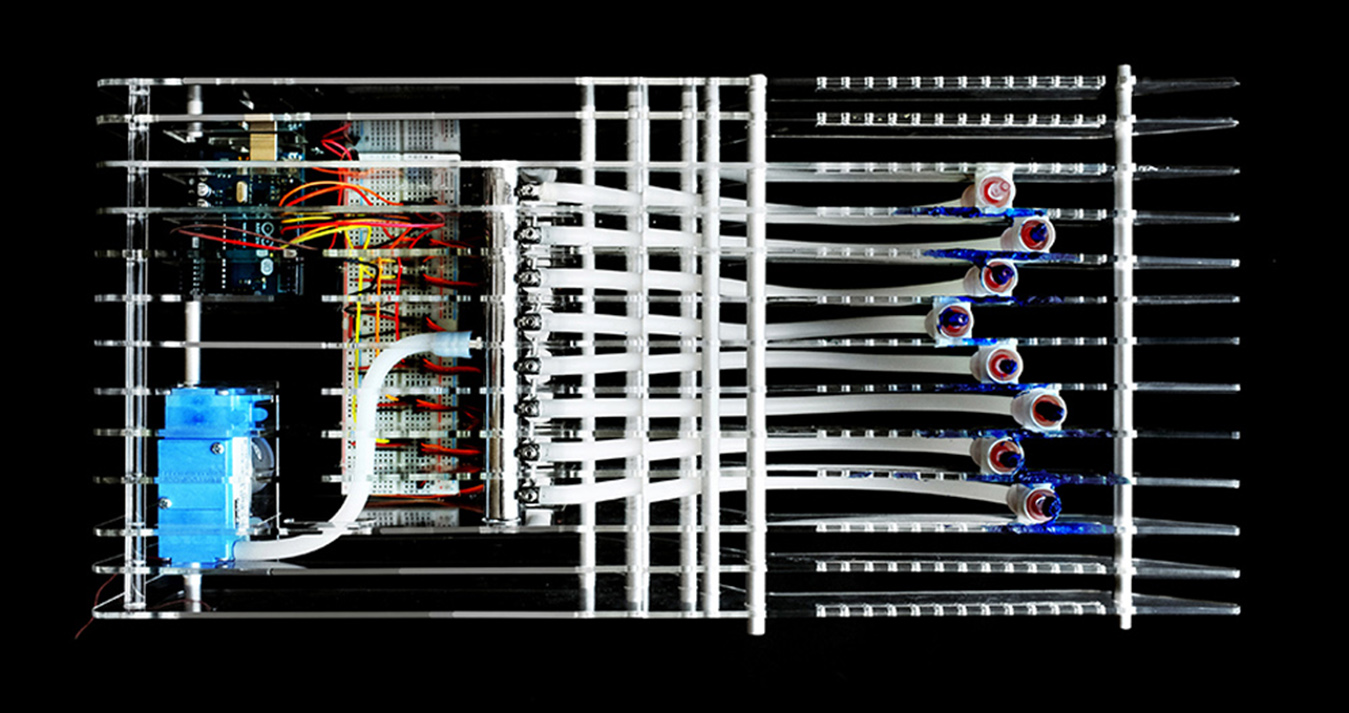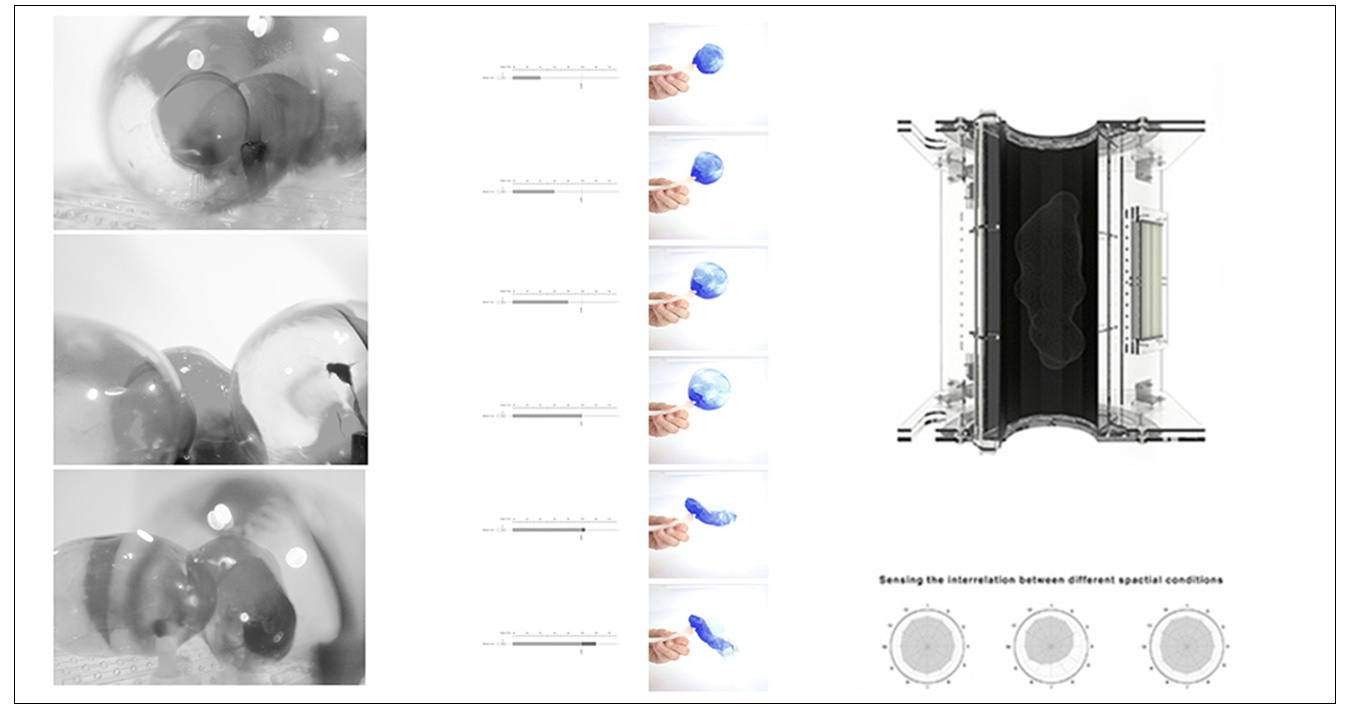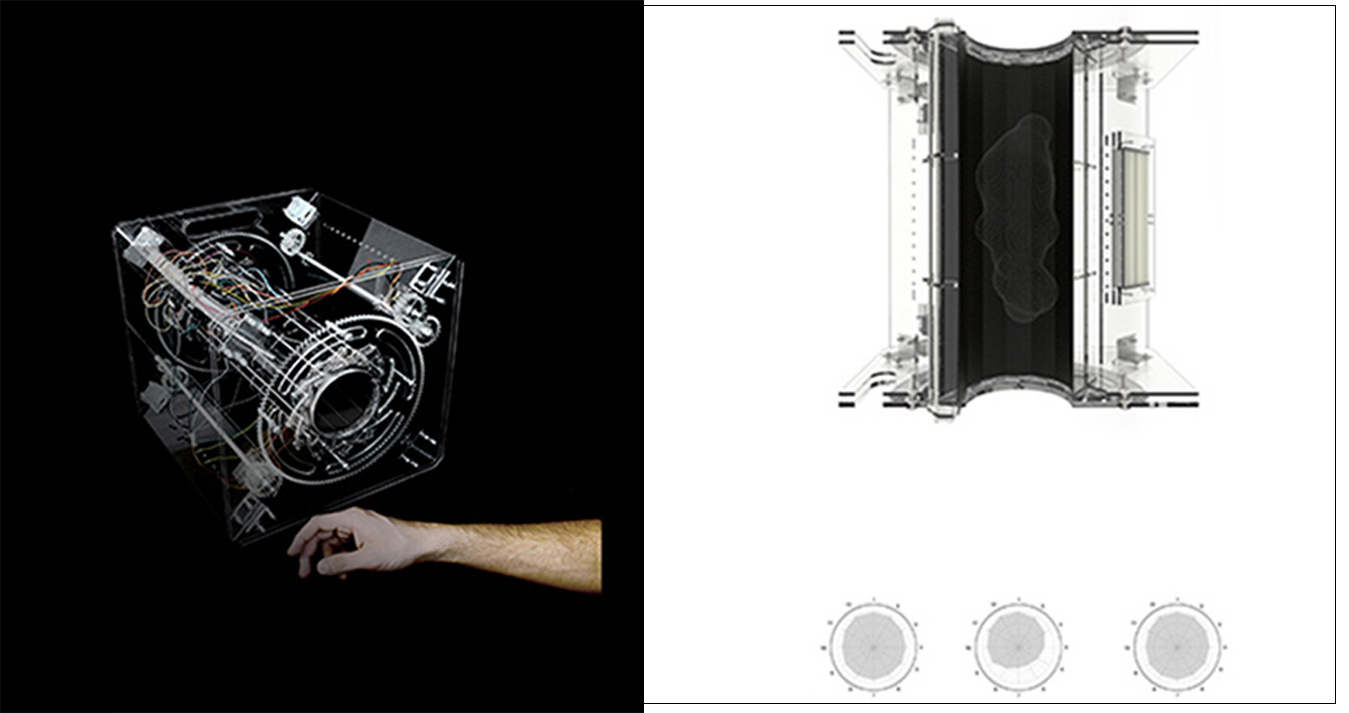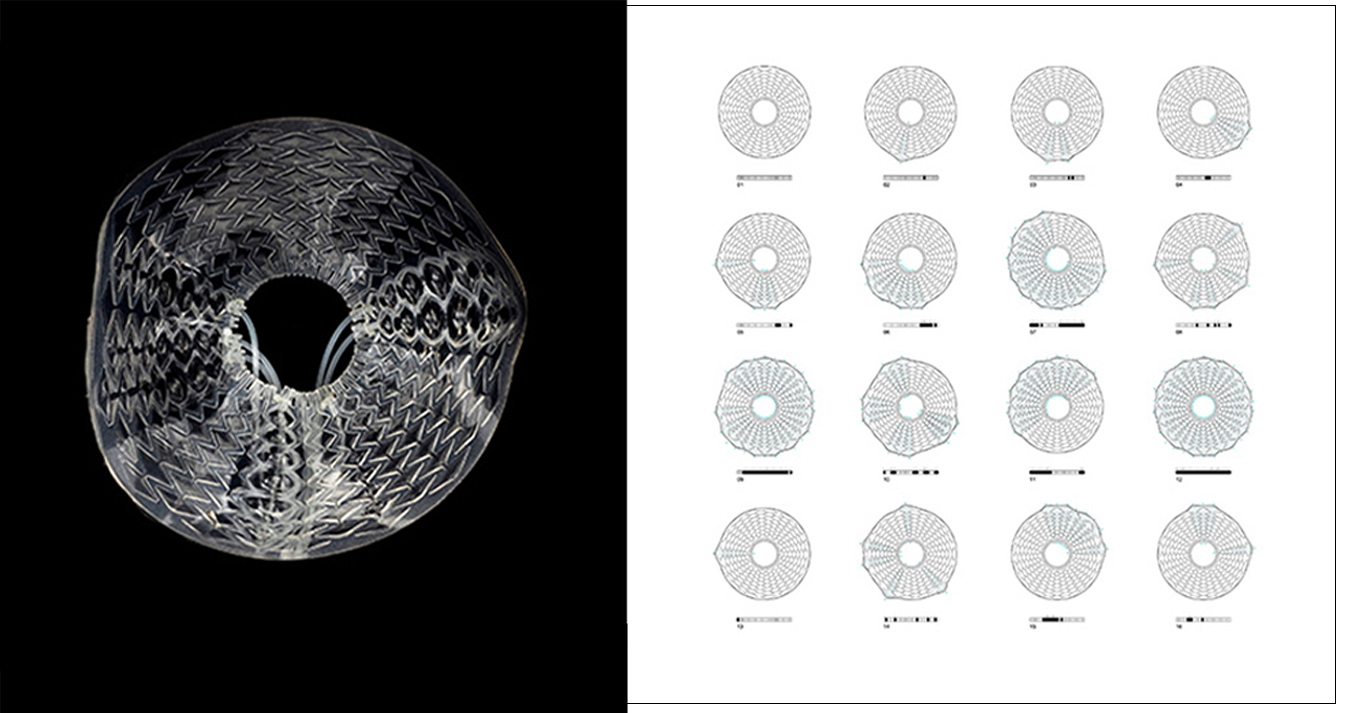Collective Urban Customization
The concept of URBAN CUSTOMIZATION structures the research project which has been developed through a theoretical and design approach. Both bo- dies of work, the theory and the practice, seek to explore the fundamental principles that shape the urban customization processes.
As starting point, it is recognized the need to explore the concept of customi- zationwhich has motivated a change of paradigm in the production process during the 21st Century. This shift in the methods of production has impacted also the architectural design processes. The aim of the project is to raise the importance of understanding how the concept of mass-customization could be carried out to the urban context. A main argument is that the transfer of the mass-customization from the architecture to the urban field is not only a scale problem which is not exclusively related to the size of the proposals, but to the incorporation of major complexity in terms of the variables and the actors that are involved in the process.
To reinforced this idea, the project raises the concept of COLLECTIVE URBAN CUSTOMIZATION discussing the principles under which the urban dynamics, the actors and the collective actuations could lay the foundations for future proposals. The construction of this concept is made on the basis of a parallel research in which the design and the theory interact within a non-linear pro- cess and where the findings are reinforced reciprocally. The theoretical and the practical developments have been considered inseparable processes. Whilst the report explores the theoretical perspectives of the collective customization process, the design project is conducted through a machine-based exploration where the concepts are brought into the physical space.
- [year] 2017
- [credits] Victor Bustos Vivanto
- [Design Tutors] Enriqueta Llabres Valls, Zachary Flucker
- [H+T Tutor] Nuria Alvarez
Collective Urban Customization
The concept of URBAN CUSTOMIZATION structures the research project which has been developed through a theoretical and design approach. Both bo- dies of work, the theory and the practice, seek to explore the fundamental principles that shape the urban customization processes.
As starting point, it is recognized the need to explore the concept of customi- zationwhich has motivated a change of paradigm in the production process during the 21st Century. This shift in the methods of production has impacted also the architectural design processes. The aim of the project is to raise the importance of understanding how the concept of mass-customization could be carried out to the urban context. A main argument is that the transfer of the mass-customization from the architecture to the urban field is not only a scale problem which is not exclusively related to the size of the proposals, but to the incorporation of major complexity in terms of the variables and the actors that are involved in the process.
To reinforced this idea, the project raises the concept of COLLECTIVE URBAN CUSTOMIZATION discussing the principles under which the urban dynamics, the actors and the collective actuations could lay the foundations for future proposals. The construction of this concept is made on the basis of a parallel research in which the design and the theory interact within a non-linear pro- cess and where the findings are reinforced reciprocally. The theoretical and the practical developments have been considered inseparable processes. Whilst the report explores the theoretical perspectives of the collective customization process, the design project is conducted through a machine-based exploration where the concepts are brought into the physical space.


